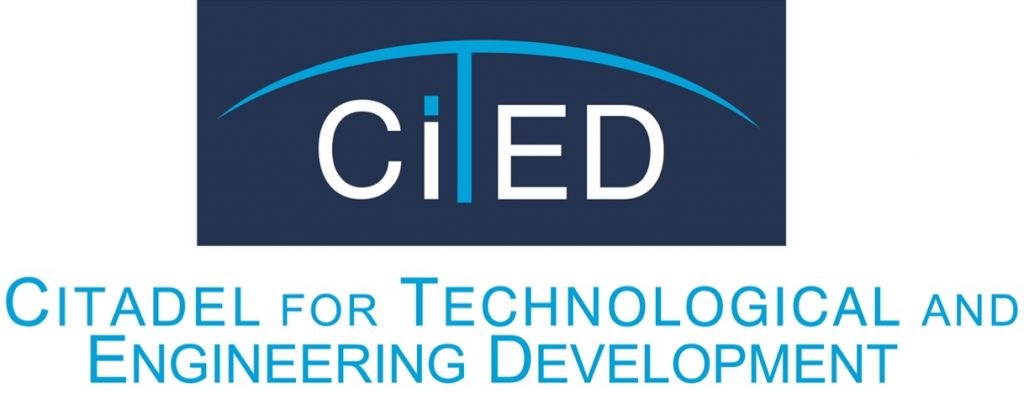This 3-day training program equips participants with the fundamental knowledge and skills of Autonomous Maintenance (AM) and Continuous Improvement (CI) methodologies. It empowers employees to take ownership of their equipment, foster a culture of proactive problem-solving, and ultimately, contribute to increased productivity, reduced downtime, and enhanced operational efficiency.

Introduction:
This 3-day training program equips participants with the fundamental knowledge and skills of Autonomous Maintenance (AM) and Continuous Improvement (CI) methodologies. It empowers employees to take ownership of their equipment, foster a culture of proactive problem-solving, and ultimately, contribute to increased productivity, reduced downtime, and enhanced operational efficiency.
Objectives:
- Understand the core principles of Autonomous Maintenance and Continuous Improvement.
- Develop a systematic approach to equipment care and maintenance.
- Implement basic troubleshooting and preventive maintenance tasks.
- Utilize problem-solving tools and techniques to identify and eliminate equipment inefficiencies.
- Foster a collaborative environment conducive to continuous improvement.
Day 1 : Foundations of Autonomous Maintenance and Continuous Improvement
- Introduction to AM and CI: Definitions, philosophies, and benefits.
- The 7 pillars of Autonomous Maintenance and their implementation.
- Introduction to basic problem-solving tools: Cause-and-effect diagrams, 5 Whys, Fishbone diagrams.
- Interactive exercises: Applying problem-solving tools to real-world scenarios.
- Introduction to preventive maintenance practices: Cleaning, lubrication, inspection, and tightening.
Day 2: Implementing Autonomous Maintenance Practices
- Development of Initial Autonomous Maintenance (IAM) standards: Equipment checklists, cleaning schedules, and lubrication procedures.
- Introduction to Total Productive Maintenance (TPM) and its role in AM.
- Group discussions: Sharing best practices for implementing IAM in different work environments.
- Case studies: Analyzing successful AM implementation examples in various industries.
- Introduction to basic lubrication principles and practices.
- Hands-on practice: Applying lubrication techniques to specific equipment.
Day 3: Continuous Improvement for Efficiency and Sustainability
- Introduction to the PDCA (Plan-Do-Check-Act) cycle for continuous improvement.
- Identifying and prioritizing areas for improvement: Applying observation and data analysis techniques.
- Group activity: Brainstorming and selecting improvement ideas using specific tools.
- Developing and implementing action plans for identified improvement initiatives.
- Measuring and evaluating the success of implemented changes.
- Sustainable AM and CI: Embedding continuous improvement into daily work practices.
- Wrap-up session: Q&A, feedback, and closing remarks.
Conclusion:
By actively participating in this training program, participants will gain the necessary tools and knowledge to become valuable contributors to an Autonomous Maintenance and Continuous Improvement culture within their organization. This approach will lead to a more efficient and sustainable operation with improved equipment performance, reduced costs, and enhanced overall productivity.

